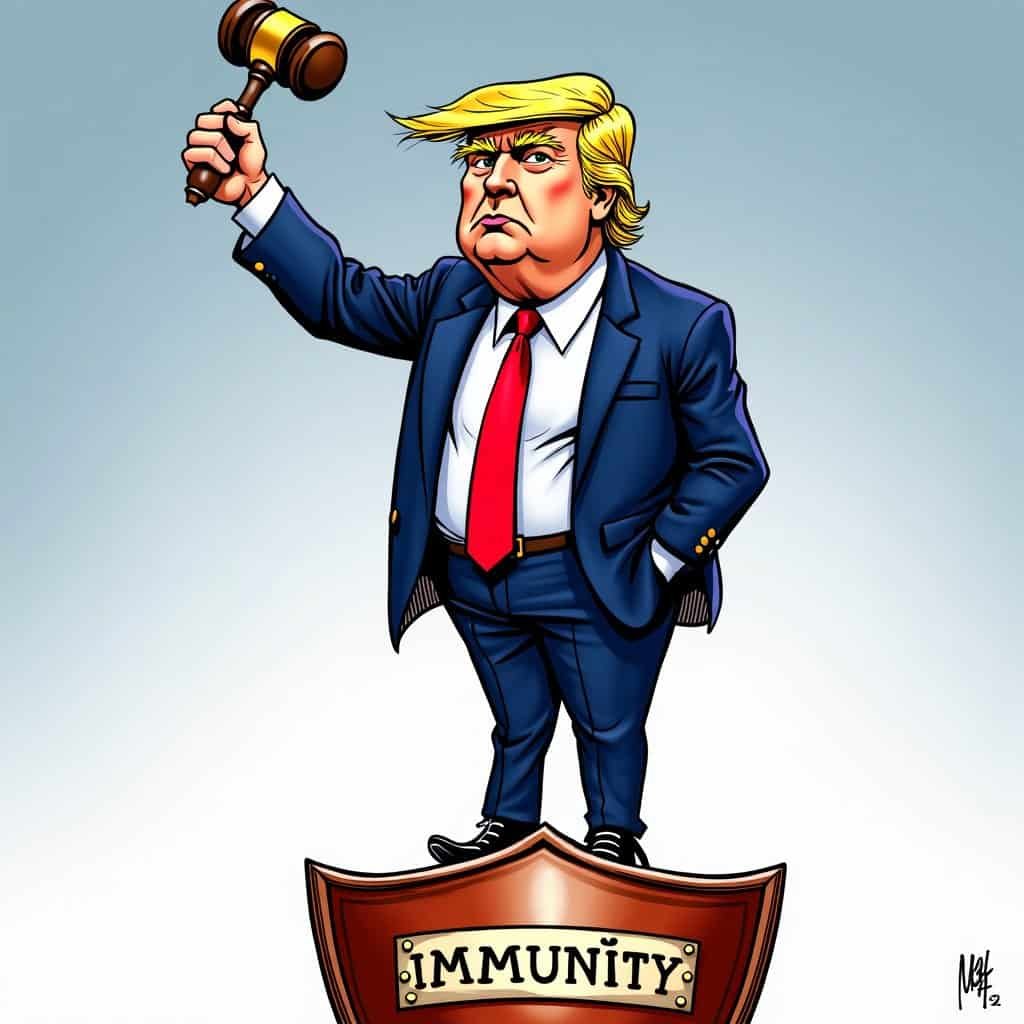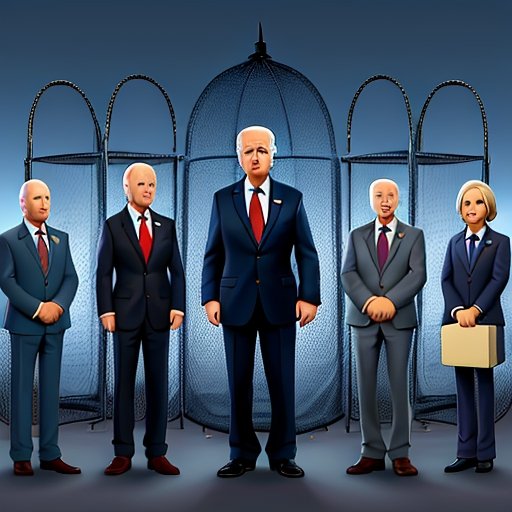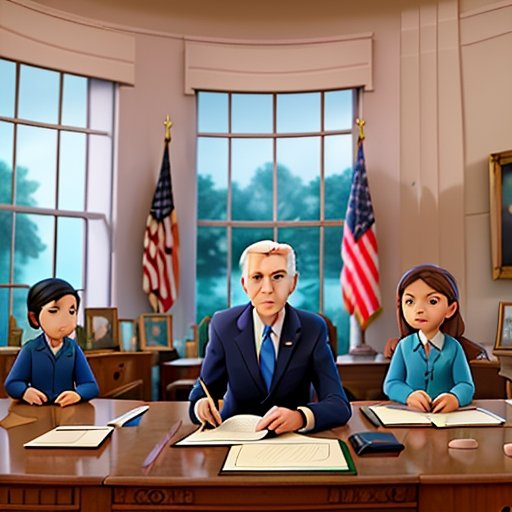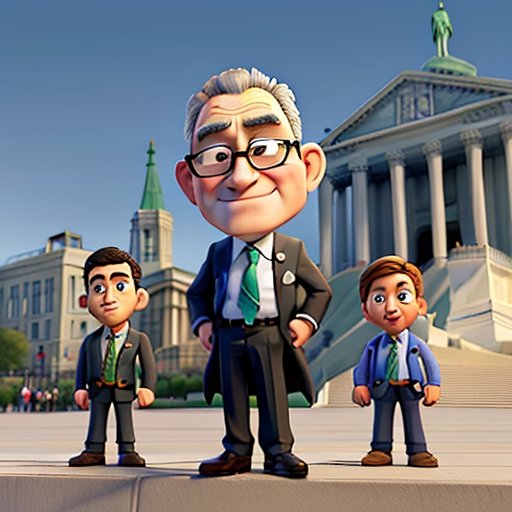The recent dismissal of election interference charges against President-elect Donald Trump has reignited discussions about the limits of presidential power, the safeguards embedded in our Constitution, and the importance of maintaining an operational executive branch. Some might rush to criticize this move by the Department of Justice (DOJ), but let’s step back and look at the larger picture—this decision underscores the delicate balance between accountability and the fundamental need to ensure the executive office operates without interference.
First, let’s examine the heart of the matter. The DOJ and federal courts dismissed the case “without prejudice.” This legal maneuver wasn’t about exoneration or even the evidence’s strength; it was about constitutional principles guiding this great republic of ours. The decision aligns with long-standing policies aimed at ensuring that no sitting president is unduly distracted or incapacitated from leading the nation effectively. Why would anyone want an America where the Commander-in-Chief faces daily legal upheavals instead of focusing on national security and the economy?
Constitutional Safeguards and Presidential Immunity
The concept of temporary immunity for presidents ensures that the leader of the free world can function without debilitating distractions, precisely as the framers intended. Accountability isn’t erased here—it’s merely deferred, preserving both legality and stability. This policy underscores the brilliance of a system that has balanced the scales of governance for over two centuries.
Timeline of Presidential Immunity Cases
It’s important to note that this dismissal was “without prejudice,” leaving future options very much on the table. Once a president exits office, the DOJ can revisit the case if it sees fit. For now, though, Americans can focus on building a stronger, more united country without being dragged down with endless courtroom sagas.
Preserving the Integrity of the Executive Office
This isn’t just about one individual. It’s about a clear commitment to preserving the integrity of our executive office. If we allowed partisan interests to destroy this precedent, what kind of country would we become? Would we open the door to politically motivated attacks on every future president, grinding our government to a halt? This decision supports rules that uphold the sanctity of the presidency, securing a stable foundation for future leaders.
This decision shines a light on a principle many hold dear: the rule of law, not the rule of public opinion, governs this nation. The DOJ stands firm because its policies and practices are designed not to serve fleeting political vendettas, but to protect and uphold the law.
Governance and Economic Philosophy
This dismissal also offers a great moment to compare how different philosophies deal with big-picture issues like governance and the economy. Imagine substituting respect for constitutional processes with a penchant for over-governance. An overreach might have already launched a flurry of investigations, sacrificing procedural integrity for short-term partisan victory.
Comparing Governance Approaches
This same approach can be seen in different economic ideologies. One philosophy advocates for lower taxes, private-sector-driven solutions, and reduced government interference, aiming to stimulate growth and uplift everyone. The other might focus more on wealth redistribution and increased regulation, potentially stifling innovation and discouraging investment.
Prioritizing Long-Term Stability
Some values always prioritize the long-term over the tempting but unsustainable short-term “fixes.” Just as the DOJ’s actions aim to preserve an operational presidency for subsequent generations, certain economic values create a foundation where prosperity reaches more Americans, ensuring a self-sustainable future. Lower tax burdens and reduced government overreach incentivize entrepreneurs and investors, driving job creation and economic recovery for all. Similarly, respecting presidential immunity fortifies the executive branch, creating an environment where leaders can focus on their duties without unnecessary paranoia about politically motivated disruptions.
Allowing Presidents to Focus on Their Duties
And can we talk about the irony here? Critics accuse the DOJ’s policy of shielding sitting presidents from accountability. Yet, would these same critics have argued that a president should pour their energy into legal defenses instead of steering America toward energy independence, a secure border, and a roaring economy? Any impartial observer knows we’re better off with presidents who can devote their attention to the job they were elected to perform.
Reinforcing the American Administrative Process
As we move forward, this dismissal becomes nothing less than a reinforcement of the American administrative process. The founders understood a lesson too often overlooked: you don’t shatter the foundations of the house to fix a leak. We repair, we reinforce, and we preserve. Dismissing these charges wasn’t a dodge or delay; it was a deliberate move aimed at maintaining the strength and integrity of the union itself.
Let this decision serve as a reminder: values that respect the Constitution and prioritize systemic functionality are the bedrock of American freedom and growth. Sure, the accusations might resurface one day, but for now? Let’s focus on the countless policies, laws, and economic strategies that can unite Americans and keep the stars and stripes soaring high. That, my friends, is the kind of system worth defending.
Table of Contents
- Constitutional Safeguards and Presidential Immunity
- Preserving the Integrity of the Executive Office
- Governance and Economic Philosophy
- Prioritizing Long-Term Stability
- Allowing Presidents to Focus on Their Duties
- Reinforcing the American Administrative Process






